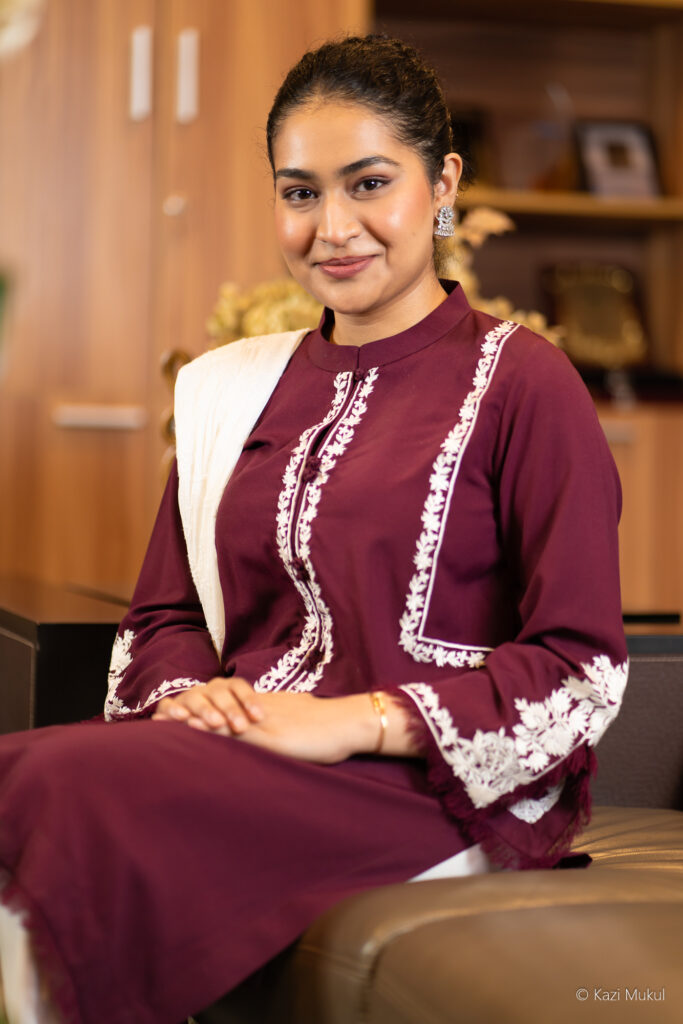Bangladesh’s Garment Industry Seeks Duty-Free Textile Waste Imports
The Apparel Digest Report
In the economies of a great number of countries, particularly those that are rising nations, the Ready-Made Garment (RMG) industry plays an extremely important role. Nevertheless, the business is confronted with a significant challenge regarding the management of waste apparel. Most recently, RMG manufacturers have been advocating for the duty-free importation of garment waste, which is a move that has the potential to have huge repercussions not just for the environment but also for the company.
During the manufacturing process, the fabric that is left over after the garments have been cut is referred to as “cutting waste,” which is another name for garment waste. In most cases, this waste is discarded, which contributes to the growing problem of textile waste. On the other hand, RMG manufacturers argue that this waste may be put to productive use by providing an industry-valued resource.
As a result of the fact that it is one of the most polluting industries in the world, the fashion industry is coming under increasing pressure to become more sustainable. Additionally, the demand from customers for environmentally responsible practices is growing. Reusing trash from the garment business can help reduce the industry’s negative impact on the environment and boost the sector’s sustainability.
Nevertheless, there are already fees and levies involved with the importation of discarded clothes, which makes it less lucrative for manufacturers to do so. Because this additional expenditure is typically passed on to buyers, sustainable clothing becomes more expensive and less accessible. This is because it is more expensive.
Bangladesh’s garment and textile industry has stated a desire to import textile and garment waste, including clippings, duty-free to boost the number of recycled fibres that are produced. The makers of clothing are advocating for the elimination of two taxes: a value-added tax (VAT) of 7.5% on the procurement of raw materials to produce recycled fibre, and an extra VAT of 15% on the purchase of these fibres by spinning mills.
In addition, the corporations have requested that the Harmonized System (HS), which is a numerical system that is recognized on a global scale and is utilized by customs authorities all over the globe to classify the items that are trafficked, be put into effect. In addition to enhancing the nation’s competitiveness in the global market, the purpose of these concepts is to ensure that the expansion of garment exports is maintained. Additionally, the Bangladesh Knitwear Manufacturers and Exporters Association (BKMEA) and the Bangladesh Garment Manufacturers and Exporters Association (BGMEA) are providing their assistance to the recycling effort.
By importing goods duty-free, the RMG business is trying to enhance the creation of textile waste, which will be beneficial to the economy and will promote both sustainability and sustainability. From both an economic and an environmental point of view, this move is beneficial. Nevertheless, it is of the utmost importance to prevent the misuse of these capabilities. The country’s sustained expansion in textile exports will be supported by this approach, which will also boost the country’s competitiveness in international markets. The quest of sustainability within the industry has made great progress because of this idea; nevertheless, it also draws attention to the complexities and challenges that are involved in getting there.























